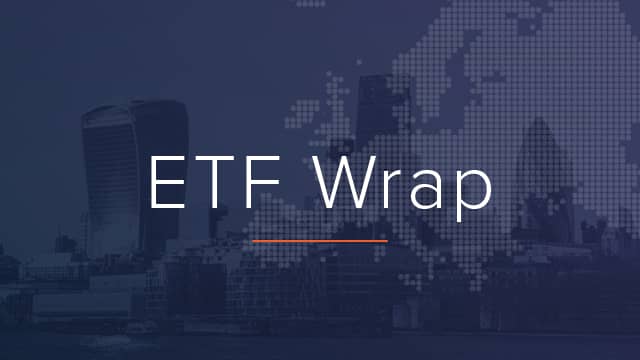This week, ETF savings plan providers warned low-cost portfolio offerings could be under threat due to the European Commission’s proposed ban on financial inducements.
The regulator’s Retail Investment Strategy – published in May – did not endorse a blanket ban on kick-backs for intermediaries from asset managers – instead favouring a ban on inducements for execution-only sales, where no financial advice is provided.
Scalable Capital chief strategy officer Dirk Urmoneit told ETF Stream such a move would make the firm’s savings plan business “loss-making” unless they introduce a fee for retail clients.
“[Investors] do not have to pay an additional commission for us to execute ETF savings plans for them,” he said. “It is funded through these inducement payments we receive from product manufacturers to promote their products.
“If Scalable kept the price at zero to invest in our savings plan execution, there is no way of us monetising anything and it becomes a loss-making business for us.”
The firm currently receives up to €2.60 from asset managers in connection with ETF share transactions, but this is taken out of products’ total expense ratios (TERs), rather than an additional fee being added for end investors.
The inducement dynamic for digital platform operators creates a catch-22 for one of the most powerful gateways for European retail investments in recent years, with 4.9 million investors contributing to plans in 2022 alone, according to BlackRock.
On the one hand, a ban on these fees risks removing access to low-fee investment products such as portfolios comprised of ETFs – which also feature low minimum monthly deposits.
On the other – even if preferable to the larger kick-backs received by advisers for distributing more expensive strategies – some may be put off by the knowledge their portfolios are built upon pay-to-play building blocks.
Fixed income frenzy
This week also continued the comeback in interest for fixed income ETFs as BlackRock extended its fixed maturity iBonds range.
ETF Stream revealed five new products offering exposure to investment-grade corporate bonds across various countries and sectors, as well as US Treasuries, with fixed maturity dates of December 2025 or 2027.
The products have sparked excitement in Europe as they allow investors to target specific maturities with a diversified basket of bonds in a single transaction, instead of having to access a handful of the underlying bonds themselves.
The iBonds UCITS range was first unveiled in August, with ETFs offering exposure to maturities of December 2026 and 2028.
Elsewhere, VanEck has expanded its fixed income range with the launch of a US fallen angels ETF, ETF Stream revealed.
This saw the issuer replicate an existing ’40-Act’ ETF it operates in the US which currently houses $2.8bn assets under management (AUM).
The great reclassification
Earlier this week, BlackRock reclassified its iShares $ Development Bank Bonds UCITS ETF (DDBB) from Article 8 to Article 9 under the Sustainable Finance Disclosure Regulation (SFDR) after the methodology of its underlying index was changed by FTSE Russell.
Under the changes, the index’s inclusion criteria mean only bonds from development banks with mission statements promoting sustainable development are eligible.
This could mark the beginning of a mass upwards reclassification after the EU gave the green light to climate ETFs deemed to make sustainable investments to be included in the ‘dark green’ category of SFDR.
ETF Wrap is a weekly digest of the top stories on ETF Stream





